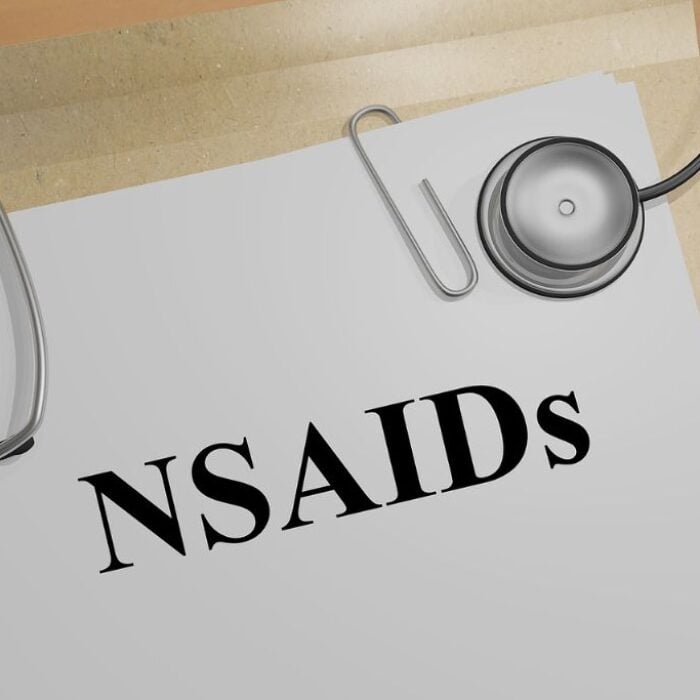Unrelenting pain can make life difficult to manage. Chronic muscle pain can be caused by so many different conditions and illnesses. This type of pain is sometimes called Myofascial Pain Syndrome. This condition can affect people in very significant ways, limiting mobility and possibly leading to depression. This condition is marked by pain and inflammation in the soft tissues of the body. Myofascial pain affects the connective tissues covering muscles. People with this condition can experience pain in one muscle or a group of muscles. Because this type of pain can radiate, it can be felt in an area other than where it originates. This is called referred pain.
Myofascial Pain Syndrome
Causes of myofascial pain include injury to muscles, ligaments or tendons, repetitive motions, injury to the intervertebral discs, lack of activity in muscle groups stemming from an injury such as a broken bone and certain medical problems. This type of pain can worsen with activity or stress. People with chronic muscle pain may also develop depression, mood and behavioral changes and fatigue. Treatment can include physical therapy, massage, stretching and trigger point injection. Medication may also be needed to treat complications such as depression.
There may also be other conditions that cause chronic muscle pain. Fibromyalgia is one example. This condition can cause widespread muscle pain, fatigue, sleep problems, mood disturbances and impaired memory. Symptoms can develop gradually over time or they can be triggered by physical or psychological trauma, surgery or infection.
Chronic muscle pain can also develop among people with chronic fatigue syndrome, arthritis and metabolic disorders of the muscles that cause a deficiency of substances in the body. Other possible causes include some infections, autoimmune diseases, Lyme Disease, multiple chemical sensitivities, a virus, reaction to certain medications or a thyroid disease.
Treatment Options
The prognosis and course of treatment depends on the actual cause. Some people can control their pain with over-the-counter or prescription analgesics. Others may need a multidisciplinary approach to pain management. Physical therapy, massage and other holistic practices may also be needed. Because some people suffer psychological effects from chronic pain, such as depression, psychotherapy may also be needed.















